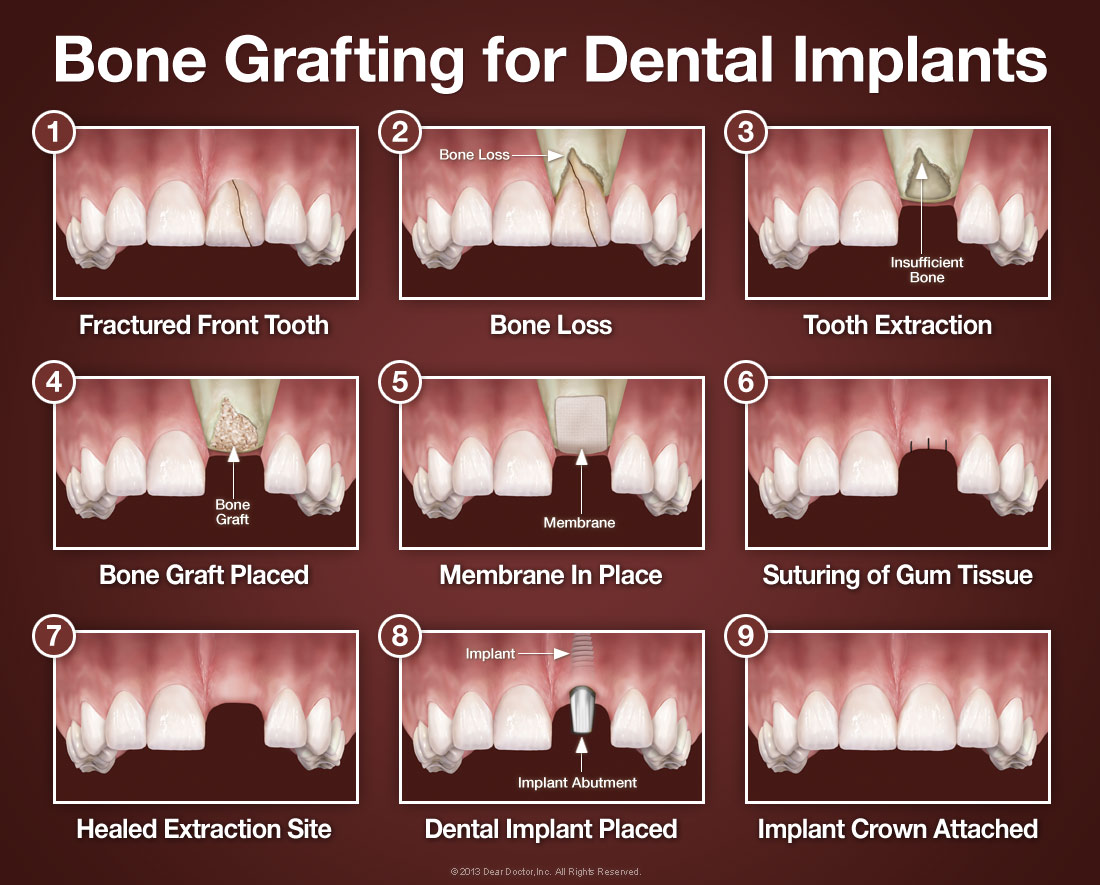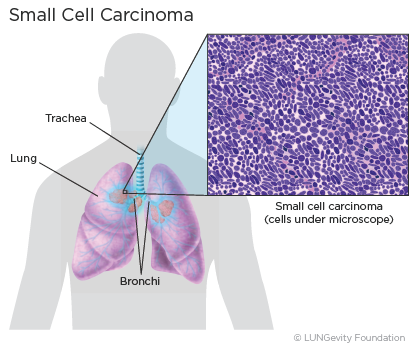Dental Implant Soreness

Dental implant soreness is a common concern for individuals who are considering or have already undergone dental implant surgery. The procedure, which involves embedding a titanium post into the jawbone to support a prosthetic tooth, can cause discomfort and pain during the recovery period. Understanding the causes, severity, and duration of dental implant soreness can help patients prepare for the healing process and minimize any potential discomfort.
The Healing Process and Soreness
After dental implant surgery, the body begins to heal the surgical site, which can take several months. During this time, the bone and gum tissue surrounding the implant begin to integrate with the titanium post, a process known as osseointegration. As the bone and tissue heal, patients may experience some level of soreness, which can range from mild to severe. The severity of the soreness depends on various factors, including the individual’s pain threshold, the complexity of the procedure, and the patient’s overall health.
Causes of Dental Implant Soreness
There are several reasons why dental implant soreness occurs. Some of the most common causes include:
- Surgical trauma: The surgical procedure itself can cause trauma to the surrounding tissues, leading to inflammation and soreness.
- Bone drilling: The process of drilling into the jawbone to create a hole for the implant can cause vibrations and heat, which can irritate the surrounding tissue and cause soreness.
- Implant placement: The actual placement of the implant can cause pressure on the surrounding bone and tissue, leading to soreness and discomfort.
- Healing process: As the bone and tissue heal, patients may experience some level of soreness as the body adapts to the new implant.
Managing Dental Implant Soreness
While some level of soreness is to be expected after dental implant surgery, there are several ways to manage and minimize discomfort. Some of the most effective methods include:
- Pain medication: Over-the-counter pain medication, such as ibuprofen or acetaminophen, can help alleviate soreness and discomfort.
- Ice packs: Applying an ice pack to the affected area can help reduce swelling and ease soreness.
- Soft food diet: Eating a soft food diet for several days after surgery can help minimize discomfort and allow the surgical site to heal.
- Rest: Getting plenty of rest and avoiding strenuous activities can help the body heal faster and reduce soreness.
When to Seek Medical Attention
While some level of soreness is normal after dental implant surgery, there are certain situations where patients should seek medical attention. Some of the signs that may indicate a complication or infection include:
- Severe pain: If the pain is severe and persistent, and does not respond to pain medication.
- Swelling: If the swelling is severe and does not subside after several days.
- Fever: If the patient develops a fever, which can indicate an infection.
- Bleeding: If the bleeding is heavy or persistent, and does not stop after several days.
How long does dental implant soreness last?
+The duration of dental implant soreness can vary depending on the individual and the complexity of the procedure. In general, soreness can last for several days to several weeks after surgery. However, in some cases, soreness can persist for several months.
Can I take pain medication after dental implant surgery?
+Yes, over-the-counter pain medication, such as ibuprofen or acetaminophen, can be taken after dental implant surgery to help alleviate soreness and discomfort. However, it is essential to follow the instructions provided by the dentist or surgeon and to take the medication as directed.
How can I reduce the risk of complications after dental implant surgery?
+To reduce the risk of complications after dental implant surgery, it is essential to follow the instructions provided by the dentist or surgeon, take any prescribed medication as directed, and attend follow-up appointments as scheduled. Additionally, maintaining good oral hygiene and avoiding smoking can help promote healing and reduce the risk of complications.
In conclusion, dental implant soreness is a common concern for individuals who are considering or have already undergone dental implant surgery. While some level of soreness is to be expected, there are several ways to manage and minimize discomfort. By understanding the causes, severity, and duration of dental implant soreness, patients can prepare for the healing process and minimize any potential discomfort. If you have any concerns or questions about dental implant soreness or the surgical procedure, it is essential to consult with a qualified dentist or surgeon who can provide personalized advice and guidance.

